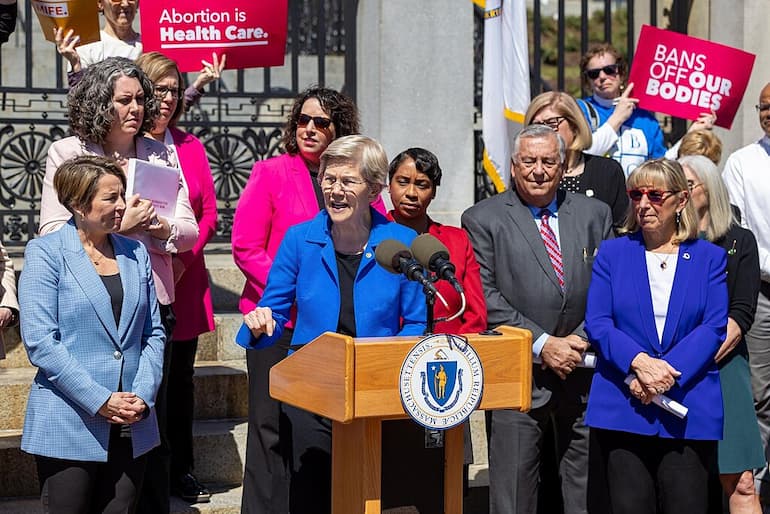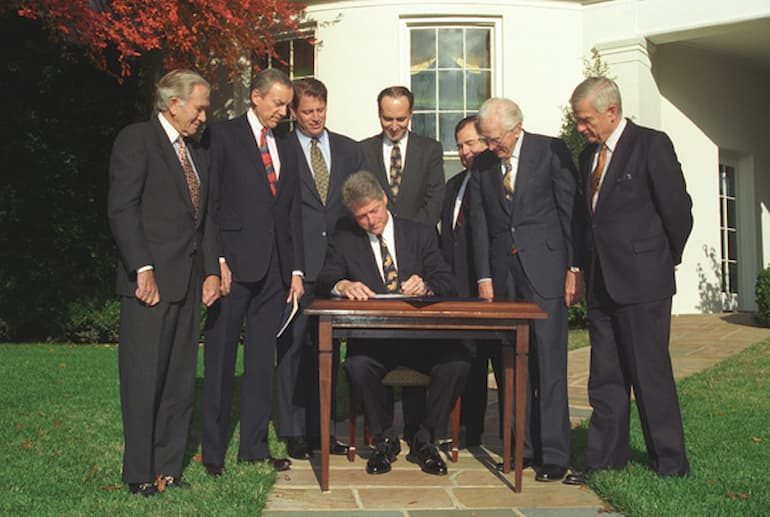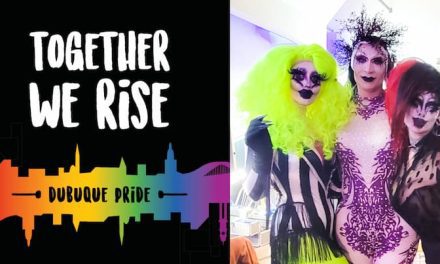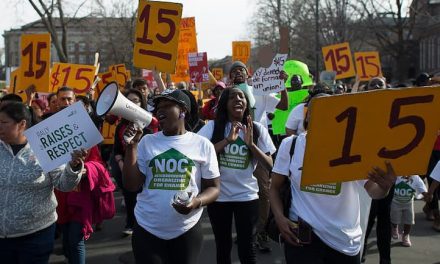Is it all bad news about abortion access? No. Also, learn about how labels are affecting LGBTQ people at the doctor’s office, in church, and through artificial intelligence.
Encouraging signs about abortion access

Sen. Elizabeth Warren leads a protest against the April 2023 Texas court ruling that sought to limit access to mifepristone.
- With the U.S. Supreme Court set to decide soon if it should restrict the mailing of abortion medication like Plan B, about half of Americans say “no.”
- So far, comments from seven of the nine Supreme Court justices – including three conservative ones – indicate they’re leaning away from stopping mifeprestone from being mailed to patients.
- Even in Florida, where the state supreme court just allowed a six-week ban, there’s a bit of good news: that same court said voters will be able to vote in November on whether abortion is a constitutional right.
How LGBTQ people are affected by labels, and other news
- For two meetings in a row, the Iowa City City Council in eastern Iowa has heard from a group asking for the highly liberal city of 65,000 to declare itself a “sanctuary city” for transgender people, where the state’s laws regarding transgender people would no longer be enforced. Sacramento, Calif., became one last week.
- The group says they’re asking for protection from laws like the new Religious Freedom Restoration Act, signed into law by Gov. Kim Reynolds Tuesday. The One Iowa activist group has led a campaign to label the law, which restricts governments from infringing on religious rights, as “anti-LGBTQ.”

President Bill Clinton is surrounded by a bipartisan group of federal lawmakers as he signs the original Religious Freedom Restoration Act in 1993.
- Speaking of labeling …. Almost half of those who have left churches say it’s because of their church’s negative teachings about LGBTQ people.
- Speaking more about labelling: the way doctors label LGBTQ people might be leading to a more difficult experience during medical visits. More than 40 percent of LGBTQ people feel their doctors make assumptions about them.
- One more note on labelling: it’s affecting artificial intelligence, no surprise. A group called Queer in AI has found artificial intelligence portrays LGBTQ people through stereotypes like stern lesbians, tight-muscled gay men, sexualized transgender women, suit-and-tie-wearing transgender men, and purple-haired nonbinary people.





